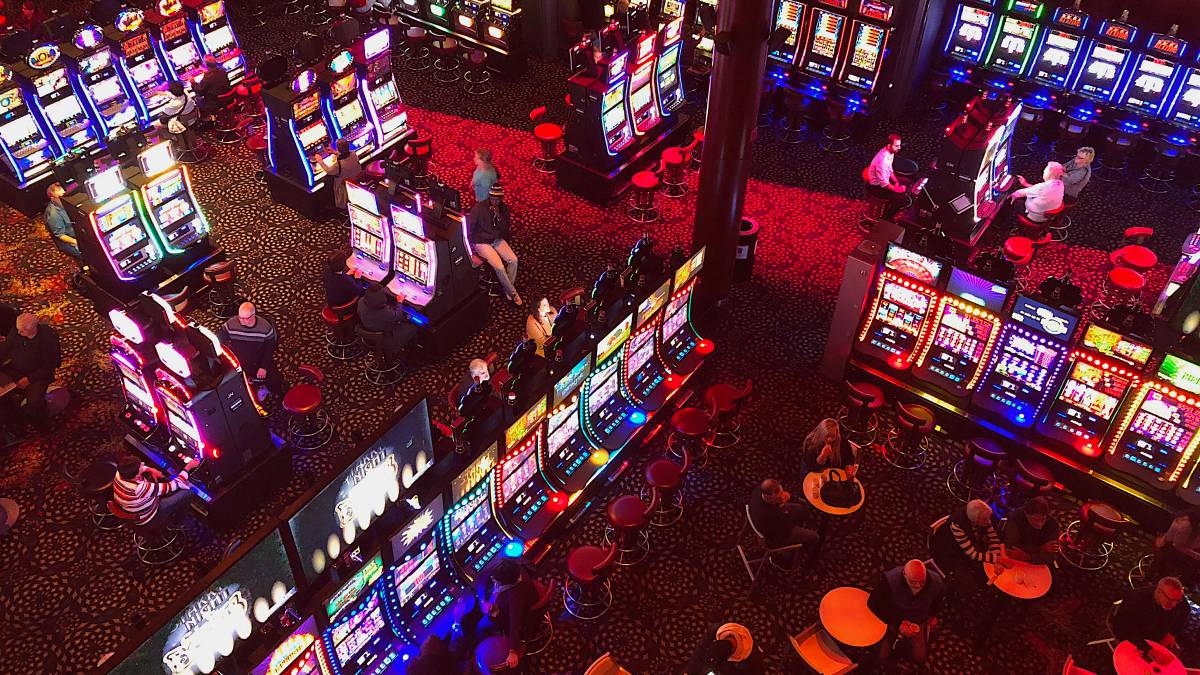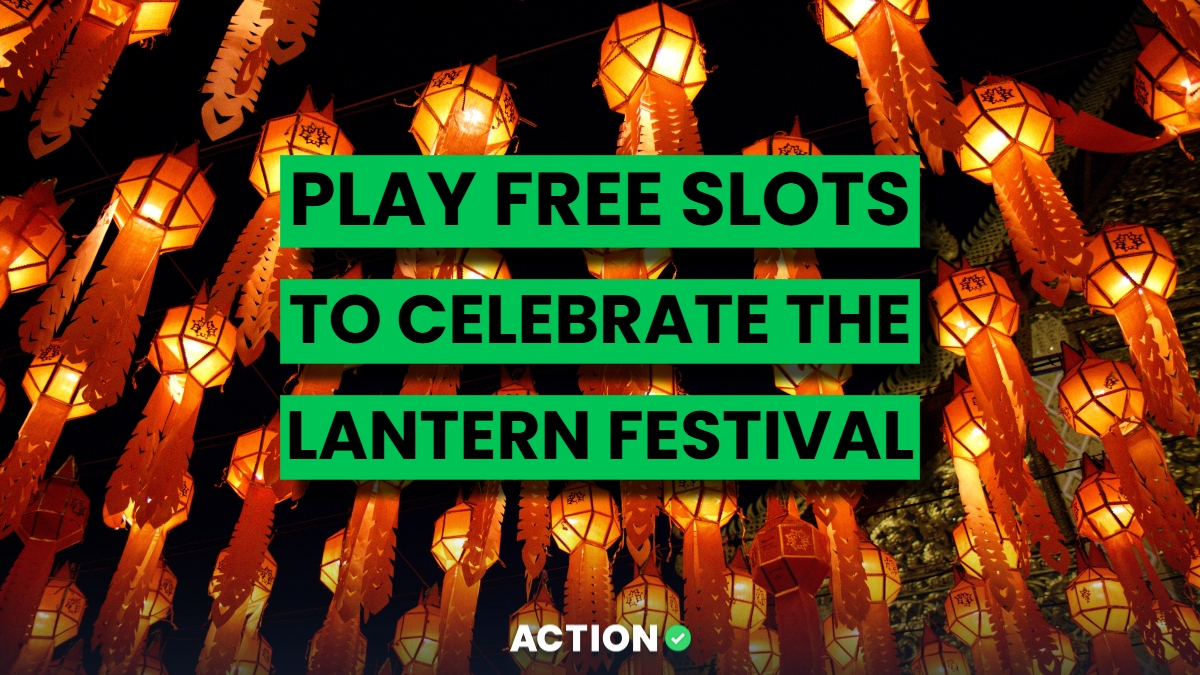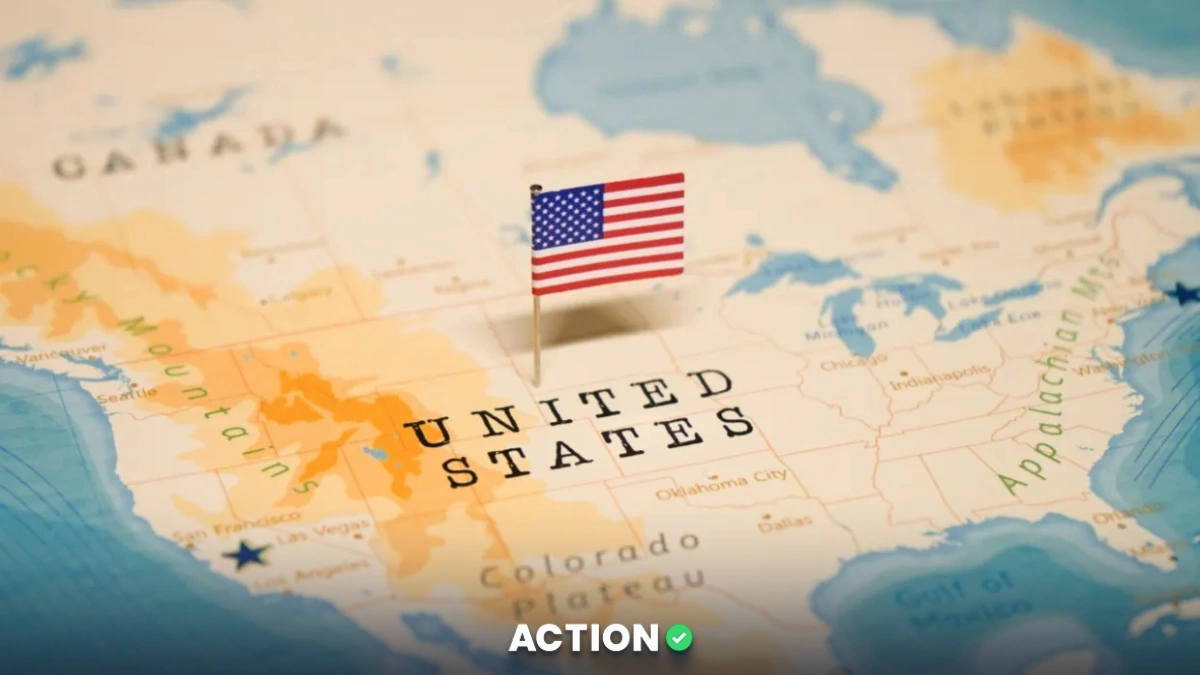Iowa's casinos gave the state something to smile about.
They collectively brought in $144.9 million in July, marking a slight yet significant increase of 0.1% compared to the same month last year.
While the increase is small, it stands out against a backdrop of stagnant and declining gaming revenues seen across Iowa in recent years. Out of the 19 licensed casinos, 13 reported higher earnings than the previous July, suggesting a strong month for many players in the industry.
All of this while lawmakers consider making casinos smoke-free in Iowa.
Prairie Meadows Casino Leads The Pack in Iowa

This upward tick, though small, is noteworthy given the challenging environment. The Iowa casino industry is mature and highly competitive, with casinos spread across the state, offering easy access to residents. However, experts warn that the market is saturated.
A new casino in Cedar Rapids, Cedar Crossing Casino, is likely to shake things up when it opens. It won't open until the end of next year, but predictions suggest it will attract customers away from existing casinos rather than creating new demand, potentially leading to revenue losses for places like Riverside Golf & Casino Resort, Meskwaki Bingo Casino Hotel, and Isle Casino in Waterloo.
Despite broader economic challenges like falling net farm income and rising inflation, which have pinched consumers' discretionary spending, Iowa's casinos have shown resilience. No major new competitors have entered the market yet, allowing these venues to enjoy stable revenue streams. Over 1.45 million admissions were recorded across the state's casinos in July, indicating a robust turnout of visitors.
What is Fueling The Casino Revenue in Iowa?
Slot machines, especially those with lower denominations, continue to bring in the bulk of revenue, while table games provide a steady cushion with slight improvements. With no online casinos legally available in Iowa, brick-and-mortar establishments remain the go-to choice for local gaming enthusiasts.
Overall, Iowa’s July revenue upswing is a testament to its stable market, wide local access, and loyal customer base. It proves that even in challenging times, the allure of in-person gaming remains strong, keeping the state’s casinos alive and thriving.









